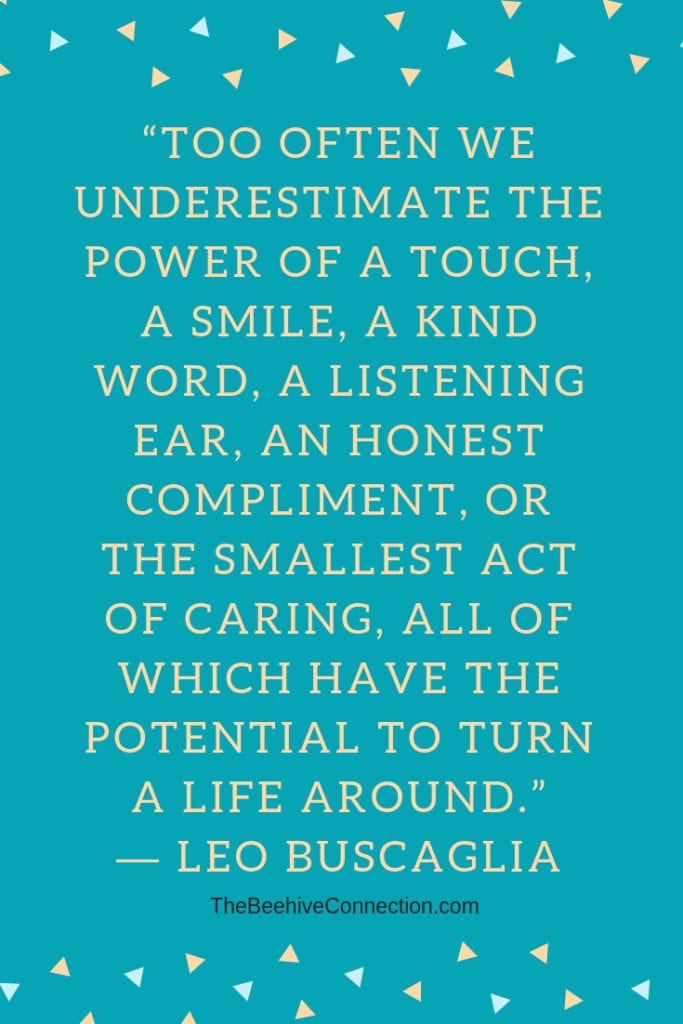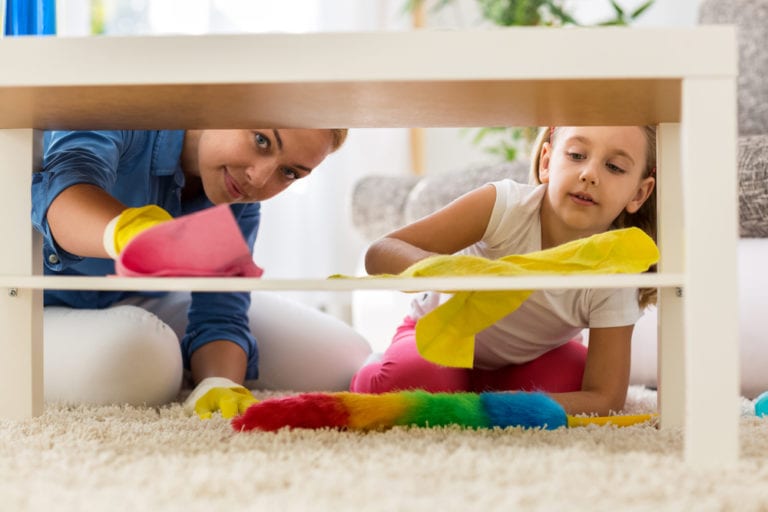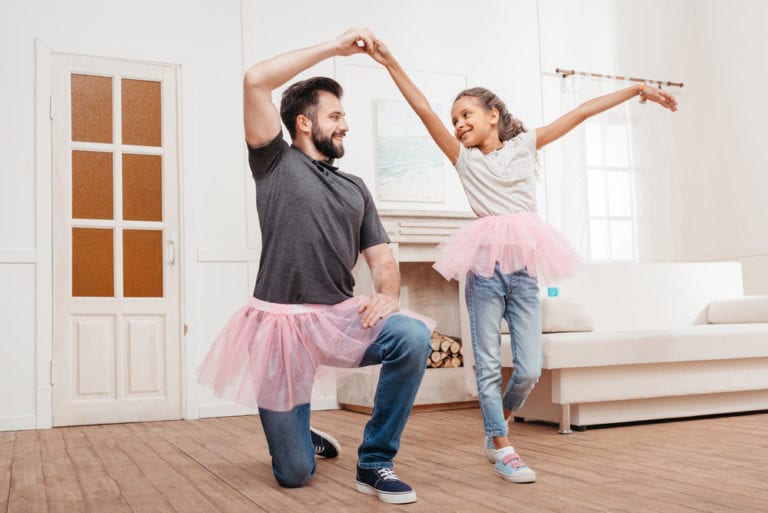7 Great Ways to Develop Listening Skills in Your Kids
Disclosure: This post may contain affiliate links, meaning I may get a small commission if you decide to make a purchase through my links, at no cost to you.

How to Develop Listening Skills in Kids
Learning the best parent tips can be a challenge. One parenting blog will tell you one way to discipline your child and other parenting tips blog will tell you an entirely different way of disciplining your child. Better parenting tips provide for a little bit a trial and error. Every child is different so one size does not fit all when it comes to practical parenting tips.
We all want to be the best parent we can be for our kids. That requires some knowledge, consistency, and a sense of humor. You will definitely need a sense of humor when your kids cover their ears and sing at the top of their lungs because they don’t want to hear what you are asking of them. Bless their little hearts.
However, there will be a time when things start to click and your kids will actually do what you ask of them. When you find what works, even in the face of conflict, you’ll follow through.
One important skill to and possibly one of the most difficult skills to develop in your children is listening skills. Good communication skills will benefit your children forever! – at home, school, work, and in relationships. If your children know how to listen well, they will live a more fulfilling and successful life and they will keep you from going insane.
Try these strategies to develop listening skills in your children:
- Listen to your children. How crazy is it to expect our children to hang on every word we speak, but when they want to talk to us, we tune them out like a bad radio station? It doesn’t work that way.
- When you show good listening skills in your everyday life, especially with your kids, they will learn those skills, too. They will see how it’s done by watching you. Or they will learn how it is not done by watching you.
2. Stop doing whatever it is you are doing. When you want to communicate with your child, stop your current activity to focus completely on them. If both of you are cutting vegetables for dinner and just using small talk, dinner will never get done if you stop what you are doing to listen. However, when they come to you and initiate the conversation, or when you initiate a conversation with them, stop what you’re doing so you can concentrate on your interaction.
3. Keep eye contact. In any type of communication, look in the eyes of the person you’re talking to and teach your children to do the same. Nothing is more annoying than having a conversation with a child, especially a teenager or adult who is looking around the room at everyone but you. - A subtle but a special connection is made when people make eye contact. You can start modeling this behavior to your children when they’re quite young, even before the age of 2 years.
4. Say your child’s name. When you talk to your children, saying their name will help get their attention and set them up for success and getting them ready to listen. Just like when someone calls your name, you stop what you’re doing and look at them. Nothing is sweeter than the sound of your own name. - Getting your child’s attention by saying her name is an effective way to prepare her to hear what you need to say. That focus is necessary to begin to develop listening skills.
5. Suggest that your child sit down. This s sends the message, “Get ready to listen because I am going to talk.” This will get their attention. Especially if you have never asked your child to sit down before. They may feel a little anxious that they did something wrong. Let them know that they are not in trouble, even if they did something wrong. You want your child to be at ease and feel loved and wanted.

- When your child is very young, try leading him to a chair. Then say something like, “I’d like to talk to you for a minute,” which serves as an attention-getter. Help your child feel comfortable by making sure you are at your child’s level. Don’t stand or sit above them.
- Once you complete what you wanted to express, be ready to listen to your child when he or she replies back to you.
6. Test their listening skills. This will also be helpful to do with a spouse or significant other. From time to time, ask your child what you just said. You’re trying to determine what your child heard by asking him to paraphrase what you said. When he repeats it as best as he can, compliment his efforts. - If he doesn’t get it quite right, you have an opportunity to repeat what you said for clarification and to enhance his listening skills.
- 7. Praise a child’s efforts to listen, even if only a small effort was made. It is a good idea to reinforce those efforts as soon as it happens.
- Even with a 2-year-old, you can encourage them to develop listening skills by saying, “Thank you for sitting so quietly while Mommy was talking,” or, “You did a great job listening to Daddy, thank you.”
- After you finish a conversation, a simple smile while you praise them, for example, “You did a great job listening to me” also let your kids know they did exactly what you asked of them by listening.
Encouraging and developing your child’s listening abilities is best done in small ways every single day. As a parent, you’re the best role model for teaching your children to develop listening skills as well as communication skills. Reward their efforts with lots of love, smiles and positive comments, and you’re on your way to helping your kids develop listening skills for a successful future.
Related Reading and Opportunities to Develop Listening Skills
GET FREE ACCESS TO OUR LIBRARY OF FREE PRINTABLES AND RESOURCES!
Enter Your Name and Email for FREE Access to our Library of FREE Home and Family Printables Series!





